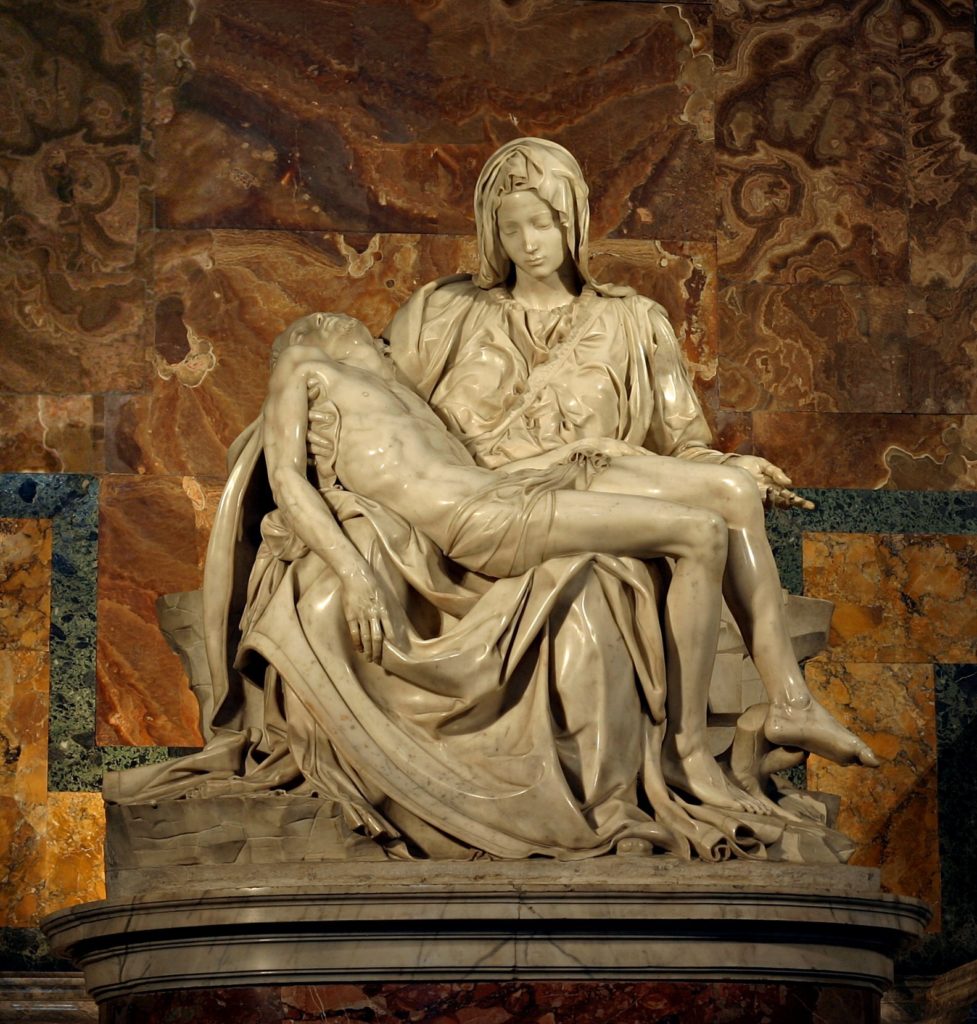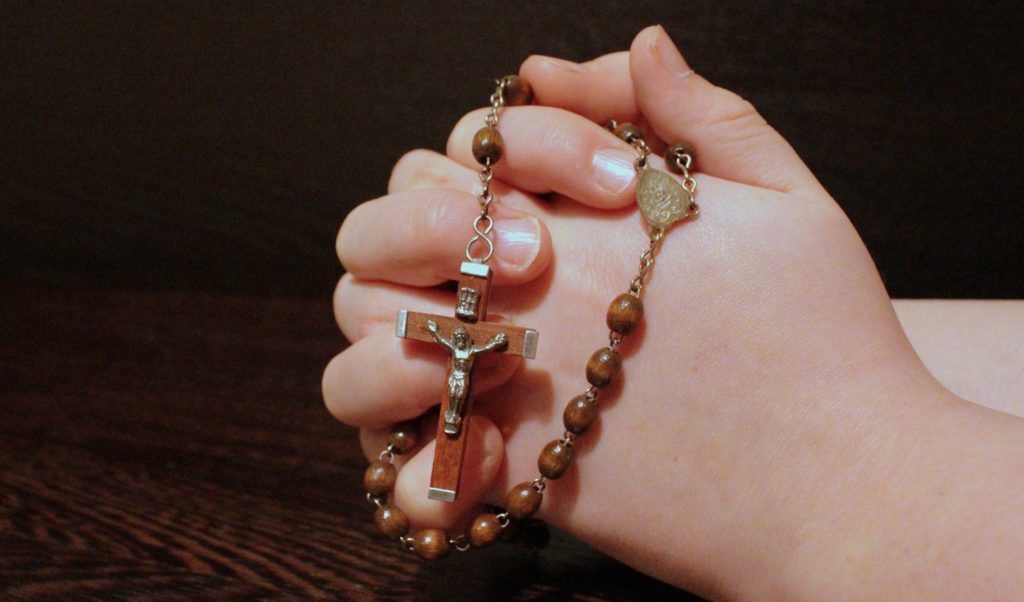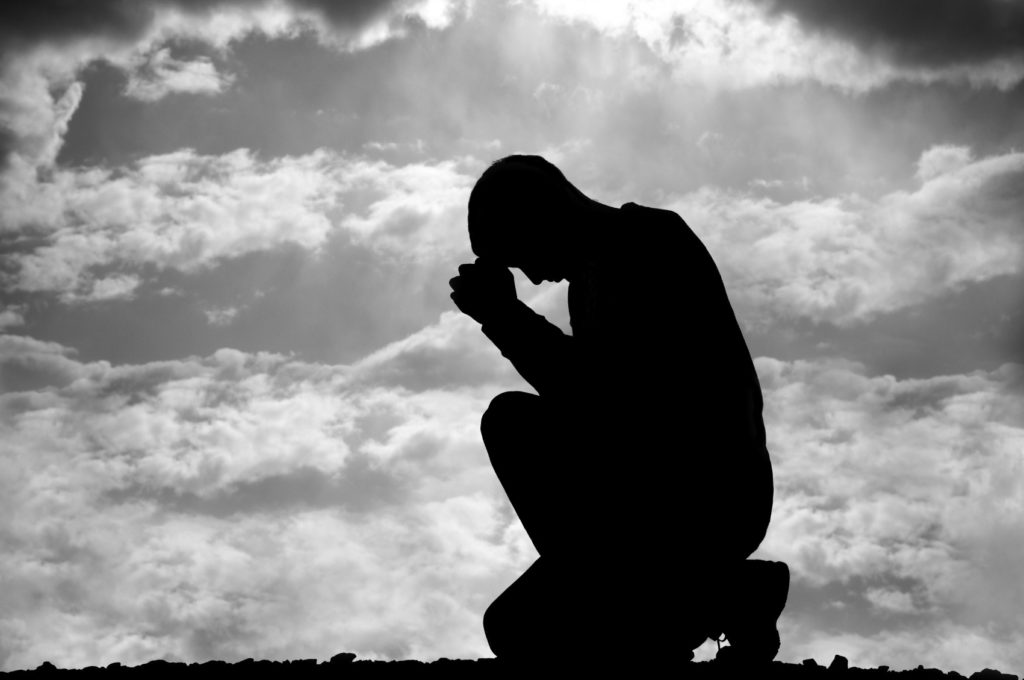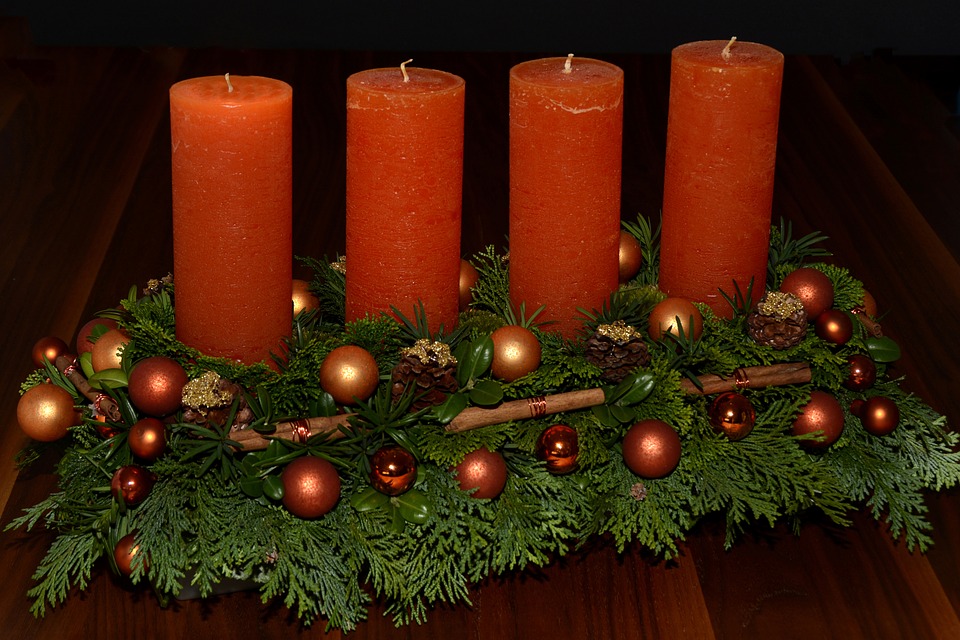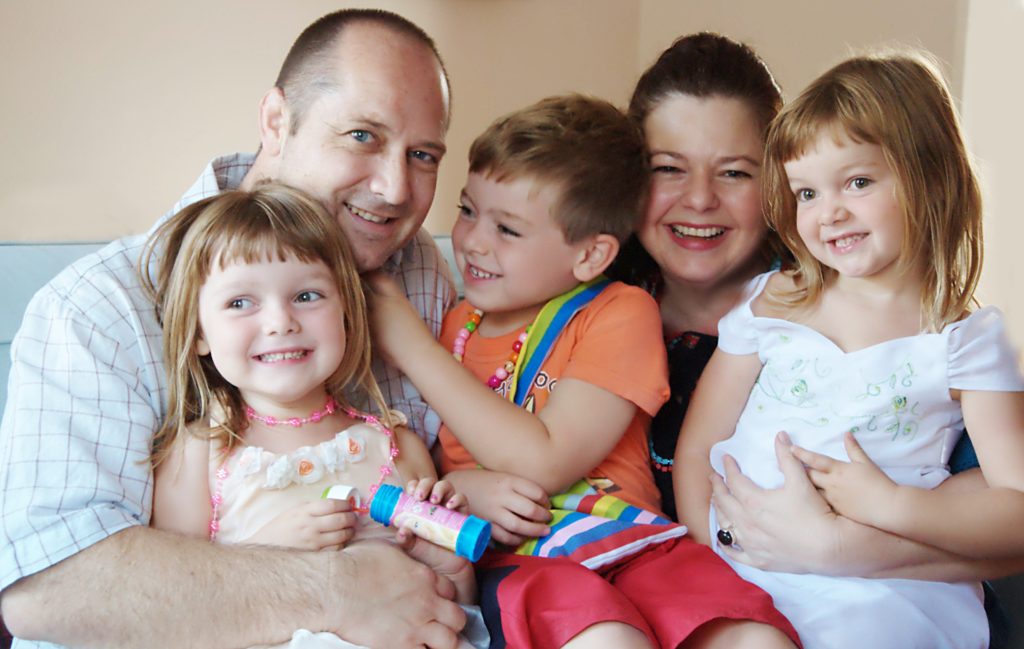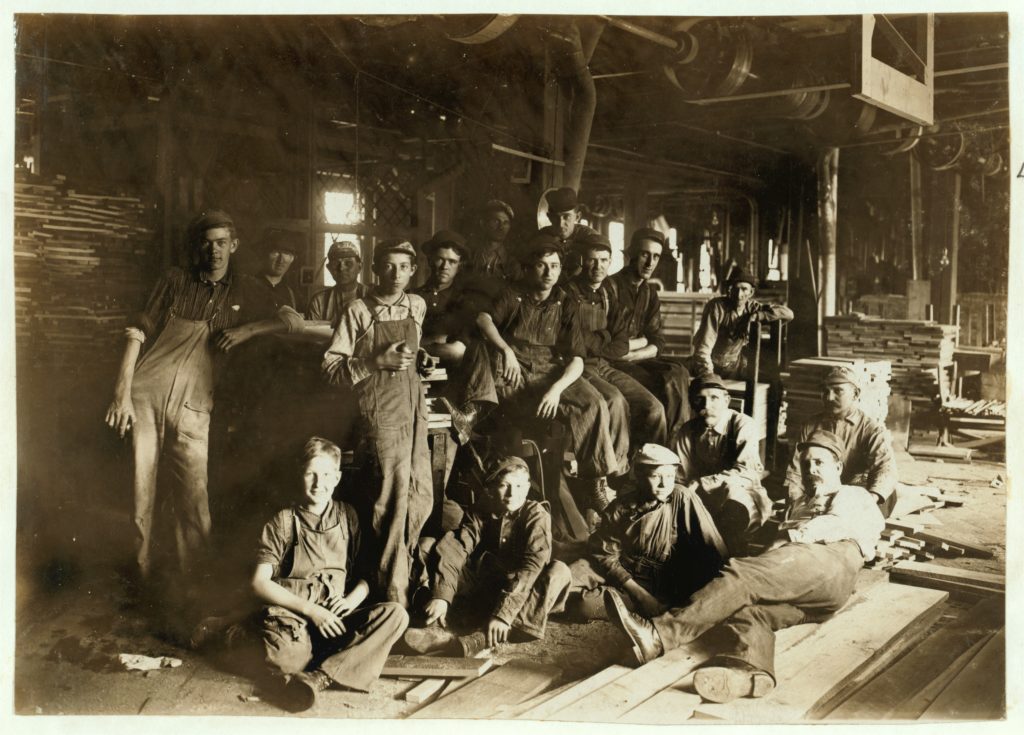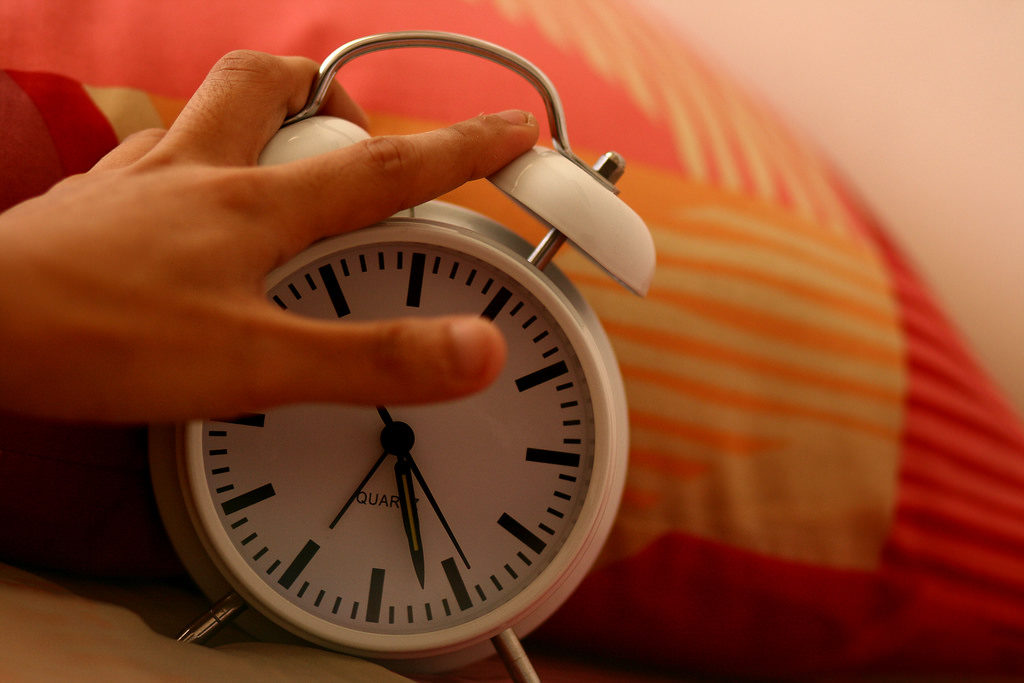Become the Rock God can Sculpt into a Masterpiece
As we start a new year, many of us make resolutions. You know the ones — lose weight, make more money or get out of debt, spend more time with the family, etc. And most of us will abandon these resolutions by February. Maybe we need to take a look at something more solid and […]
Become the Rock God can Sculpt into a Masterpiece Read More »

